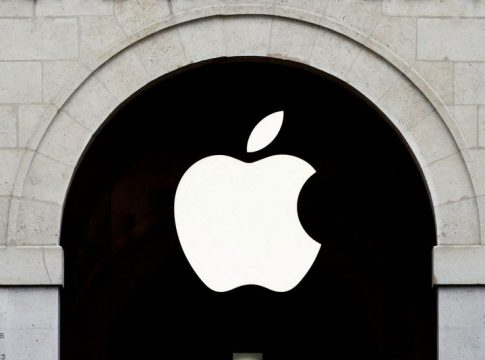Apple Eyes Generative AI for Chip Design
In a recent address in Belgium, Apple’s Senior Vice President of Hardware Technologies, Johny Srouji, revealed the tech giant’s keen interest in harnessing generative artificial intelligence (AI) to enhance the efficiency of chip design. This announcement comes as Apple continues to strive for innovation in the hardware sector, particularly as it develops custom chips that power its line of products.
A Historical Perspective on Apple’s Chip Evolution
Srouji’s speech took a nostalgic turn as he traced Apple’s evolution in chip design, starting with the A4 chip that debuted in the first iPhone back in 2010. Fast forward to today, and Apple is now integrating advanced chips into devices such as the Mac desktops and the newly launched Vision Pro headset. This historical context highlights not only Apple’s adaptability but also its commitment to pushing the boundaries of semiconductor technology.
The Role of Electronic Design Automation
A critical aspect of Srouji’s presentation was the emphasis on electronic design automation (EDA) tools, essential for managing the complexities involved in chip design. Leading the pack in this sector are firms like Cadence Design Systems and Synopsys, both of which are rapidly integrating AI capabilities into their software offerings. According to Srouji, these tools are instrumental in navigating the intricate landscapes of modern chip architecture.
Key Takeaways:
-
Generative AI Potential: Srouji pointed out that generative AI holds enormous potential to streamline design processes, significantly reducing time and increasing productivity. This could represent a transformative shift in how chips are conceived and developed.
- Learning from Risk: The Apple executive also reflected on the bold decision to transition from Intel processors to Apple’s silicon for Mac computers in 2020. Notably, this transition was made without any contingency strategies—a testament to Apple’s all-in approach to innovation. Srouji underscored that taking substantial risks is essential for significant technological advances.
Implications for the Tech Industry
Apple’s venture into the integration of AI within chip design could set a precedent for the industry. If successful, it may not only enhance Apple’s product line but also inspire other companies in the semiconductor market to adopt similar technologies. This trend could further accelerate advancements in both AI and hardware performance, allowing for more sophisticated devices that cater to the growing demands of users in a tech-driven world.
In our fast-evolving landscape, Apple’s focus on generative AI is more than just an internal initiative. It represents a larger movement where artificial intelligence stands to redefine the very foundations of technology. As we observe these developments, one thing becomes increasingly clear: the future of chip design may be profoundly shaped by AI—a potential game changer for industries and consumers alike.

Writes about personal finance, side hustles, gadgets, and tech innovation.
Bio: Priya specializes in making complex financial and tech topics easy to digest, with experience in fintech and consumer reviews.

